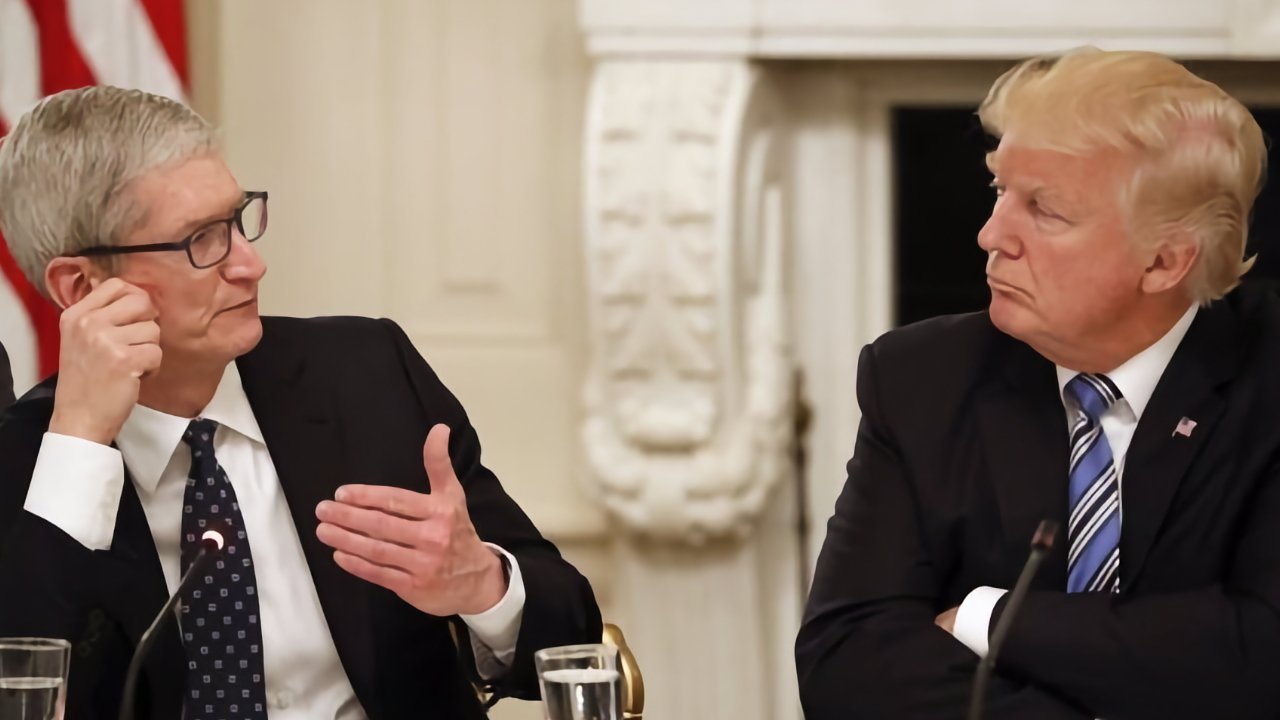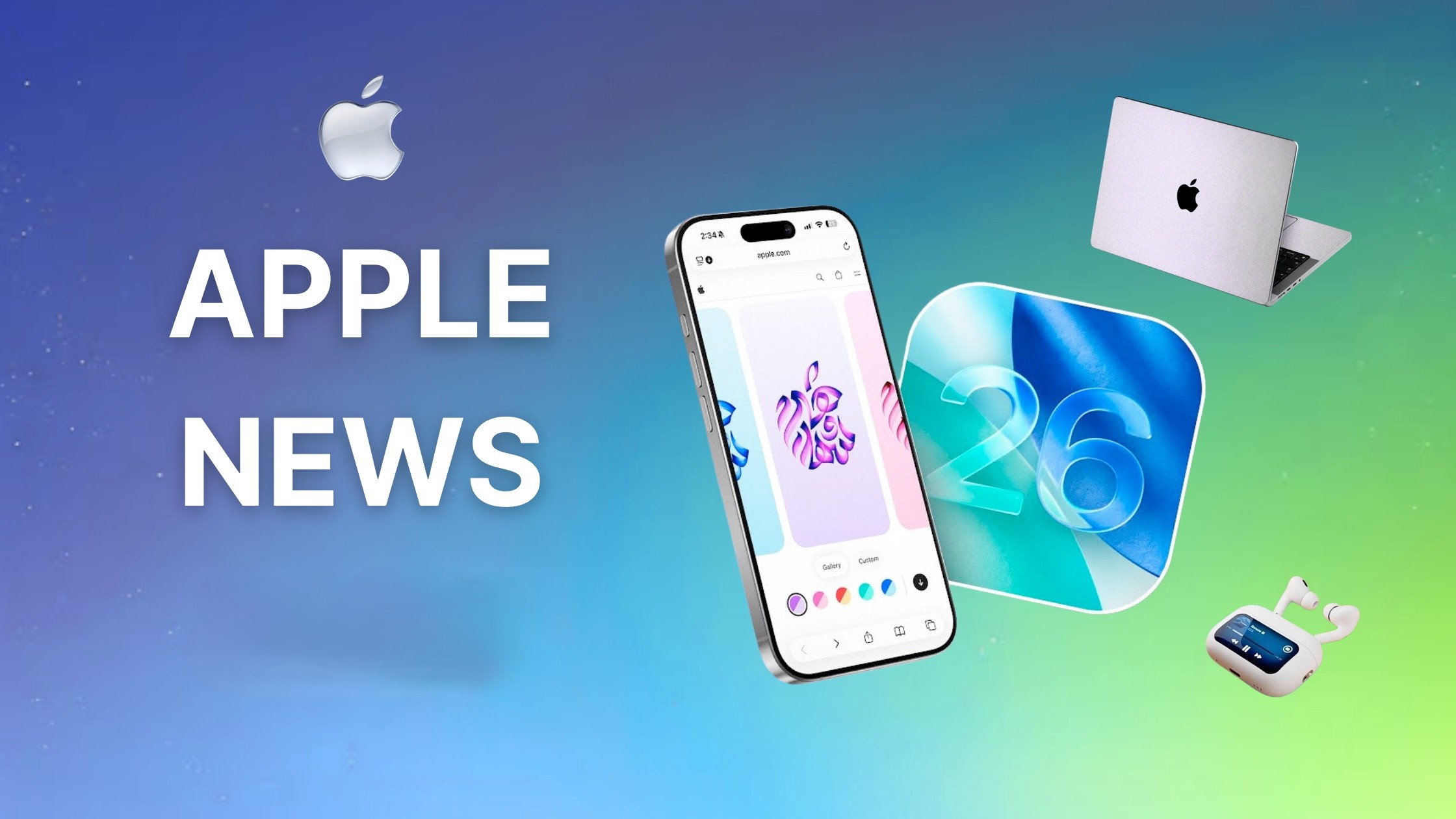Apple’s introduction of CarPlay Ultra, an advanced iteration of its in-car software, has been met with resistance from several major automakers. This new system extends beyond traditional infotainment functions, integrating deeply with vehicle controls and dashboards. While some manufacturers are embracing this technology, others express apprehension over ceding control to a tech giant.
CarPlay Ultra: A Deeper Integration
CarPlay Ultra represents a significant evolution from its predecessor. Unlike the original CarPlay, which primarily mirrored iPhone applications on the infotainment screen, CarPlay Ultra offers comprehensive integration. It spans across multiple vehicle displays, including the instrument cluster, and provides real-time data such as speed, fuel levels, and tire pressure. Additionally, it allows users to control core vehicle functions—like climate settings and audio systems—directly through touch inputs or Siri voice commands. This seamless integration aims to create a unified and consistent user experience across all driver interfaces.
Automakers’ Concerns and Resistance
Despite the advanced features of CarPlay Ultra, several prominent automakers have declined to adopt the system. Luxury brands such as Mercedes-Benz, Audi, Volvo, Polestar, and Renault have expressed reservations. Their primary concerns revolve around maintaining control over in-car software and safeguarding customer data. By allowing Apple to manage the dashboard experience, these manufacturers fear losing their brand identity and the ability to offer unique, proprietary features. A Renault executive reportedly cautioned Apple against invading our own systems, highlighting the tension between automakers and tech companies.
The Drive for Proprietary Systems
In response to the encroachment of tech companies into the automotive space, many car manufacturers are investing heavily in developing their own infotainment systems. This strategy aims to retain control over the user experience and capitalize on potential revenue streams from in-car services and data monetization. For instance, General Motors announced in 2023 that it would phase out support for CarPlay and Android Auto in favor of its proprietary software platform, Ultifi. This move underscores the industry’s desire to own the digital experience within their vehicles and avoid dependency on external tech firms.
Consumer Preferences and Market Dynamics
The resistance from automakers comes despite strong consumer demand for integrated smartphone experiences. Surveys indicate that a significant portion of car buyers prioritize compatibility with systems like CarPlay and Android Auto when choosing a vehicle. A 2023 McKinsey survey revealed that nearly half of new car buyers globally would not purchase a car without such integration. This consumer preference places automakers in a challenging position: balancing the desire to offer popular tech features with the need to maintain control over their vehicles’ digital ecosystems.
Apple’s Position and Future Outlook
Apple remains optimistic about the adoption of CarPlay Ultra. The company emphasizes that consumer demand will drive broader acceptance among automakers. Apple also assures that CarPlay Ultra does not share vehicle data with iPhones, and any integration keeps data within the carmaker’s systems. However, the reluctance of several major manufacturers suggests that the path to widespread adoption may be gradual. As the automotive industry continues to evolve, the interplay between traditional carmakers and tech companies will likely shape the future of in-car technology.



